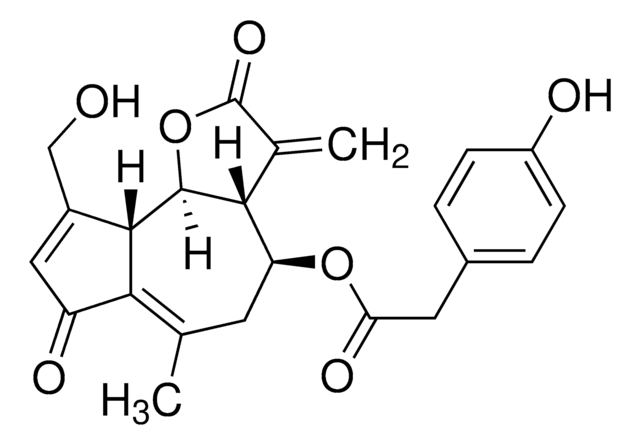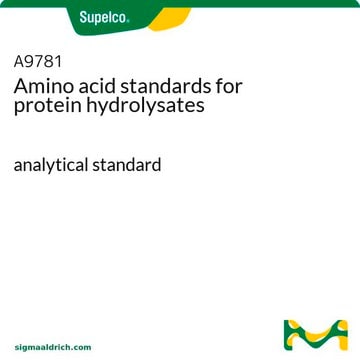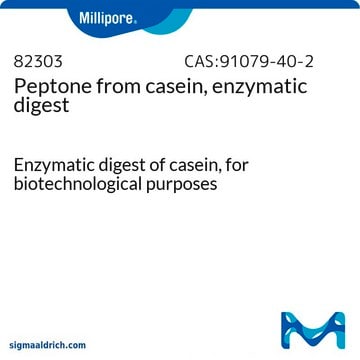82514
Protein Hydrolysate Amicase®
suitable for microbiology
Sinónimos:
Peptone from casein, Amicase®, Case amino acids, Casein acid hydrolysate
About This Item
Productos recomendados
origen biológico
bovine milk
Nivel de calidad
formulario
powder
composición
total nitrogen (N), ≥13%
análisis de nitrógeno
, ~0.3 AN:TN ratio
impurezas
~5% water
residuo de ign.
≤5%
pérdida
≤11% loss on drying
pH
6-7 (2% in H2O)
solubilidad
H2O: 2%, clear, yellow
aplicaciones
food and beverages
microbiology
idoneidad
Bacillus spp.
Enterobacter spp.
Escherichia coli
Saccharomyces spp.
Staphylococcus spp.
Streptococcus spp.
coliforms
¿Está buscando productos similares? Visita Guía de comparación de productos
Aplicación
Información legal
Código de clase de almacenamiento
11 - Combustible Solids
Clase de riesgo para el agua (WGK)
WGK 1
Punto de inflamabilidad (°F)
Not applicable
Punto de inflamabilidad (°C)
Not applicable
Choose from one of the most recent versions:
¿Ya tiene este producto?
Encuentre la documentación para los productos que ha comprado recientemente en la Biblioteca de documentos.
Los clientes también vieron
Artículos
Culture media provides a habitat with suitable nutrients, energy sources, and certain environmental conditions for the growth of microorganisms. The components of the culture media range from simple sugars to peptones, salts, antibiotics, and complex indicators.
Nuestro equipo de científicos tiene experiencia en todas las áreas de investigación: Ciencias de la vida, Ciencia de los materiales, Síntesis química, Cromatografía, Analítica y muchas otras.
Póngase en contacto con el Servicio técnico
















